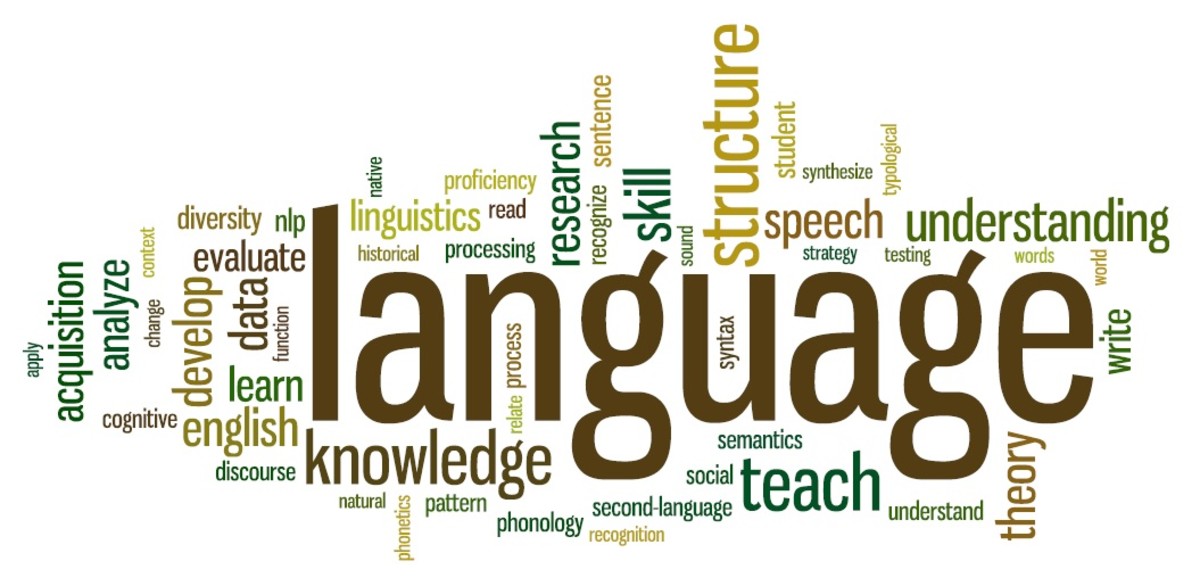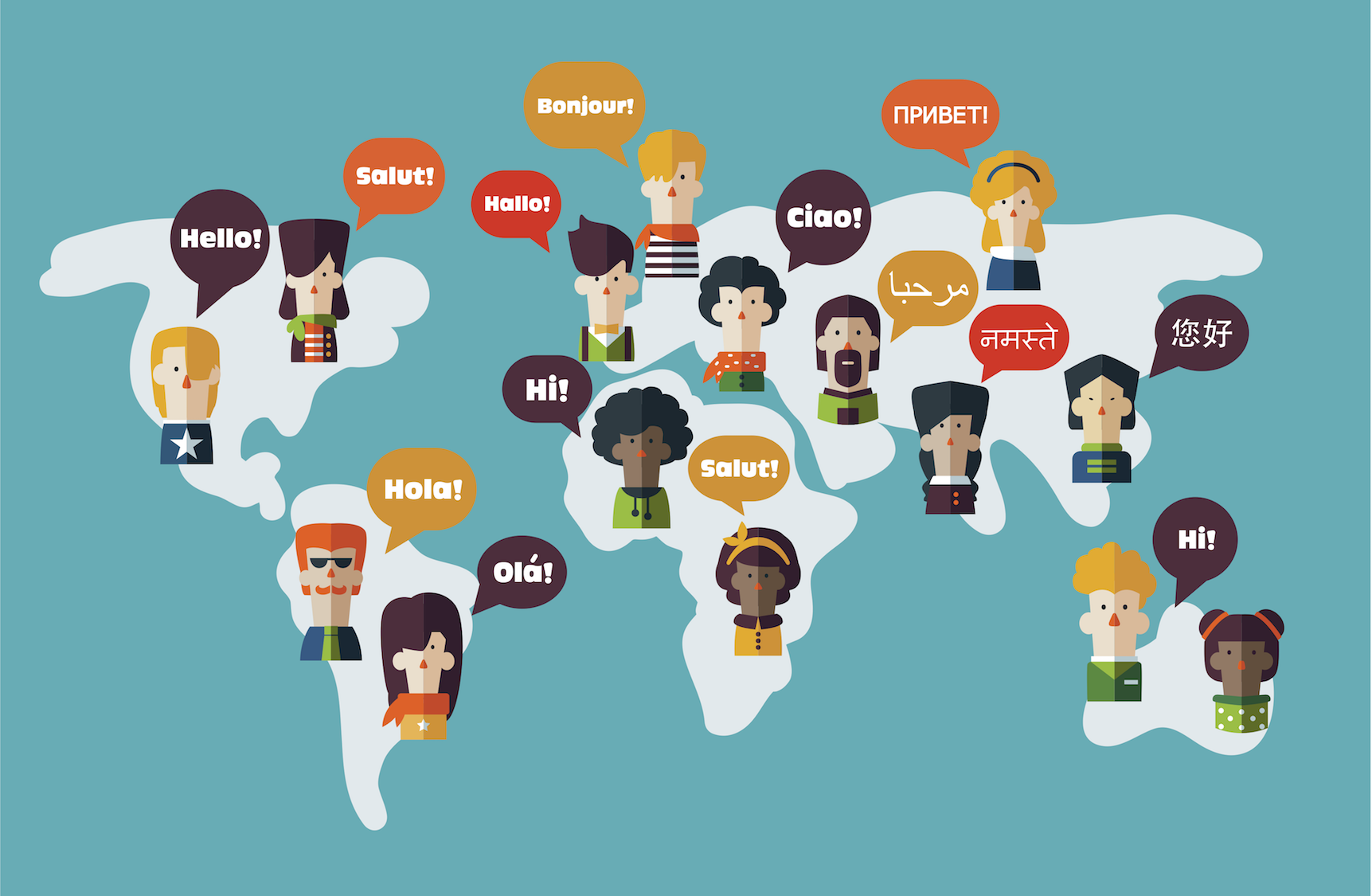What Language Is Spoken In Belgium: A Guide To Its Unique Linguistic Mix
Have you ever wondered what language is spoken in Belgium, a country often celebrated for its rich history, delightful chocolates, and stunning architecture? It's a question that, quite frankly, sparks a lot of curiosity among people who travel or just love learning about different cultures. This small European nation, you know, really stands out because of its linguistic diversity. With three official languages, understanding the way people communicate there can be pretty important, whether you're thinking about moving, doing some business, or just visiting for fun.
Belgium is a truly unique place, especially when we talk about languages. Unlike many other countries in Europe that have, in a way, managed to create a single national feeling from different language groups, Belgium has a different story. Its population, actually, is quite distinctly split into three main language communities. This setup, as a matter of fact, makes Belgium a fascinating example of how multiple languages can exist side by side within one country's borders.
So, we're going to explore this interesting linguistic landscape. We'll look at the official languages, where they are spoken, and even some of the other languages you might hear. It's really quite a mix, and knowing a bit about it will help you appreciate Belgium even more. You'll get a good idea of the linguistic diversity, the history behind it, and the culture that comes with it.
Table of Contents
- The Official Languages of Belgium
- Linguistic Communities and Regional Differences
- Beyond the Official Tongues: Other Languages You'll Hear
- How Belgians Learn Their Languages
- The Legal Status of Languages in Belgium
- Frequently Asked Questions About Languages in Belgium
The Official Languages of Belgium
Belgium, as it turns out, has three official languages. This arrangement is quite distinctive, and it shapes much of the country's daily life and identity. These languages, Dutch, French, and German, are each important in different parts of the nation. It's almost like three separate linguistic streams flowing together in one country.
Dutch: The Most Widely Spoken
The most widely spoken language in Belgium is Dutch. It's also often called Flemish, which is basically the Belgian version of the Dutch language. About 59% of the people in Belgium, which is roughly 6.5 million individuals, speak it. This language is very much the top language in Belgium, so it's quite dominant in certain areas. It's primarily spoken in Flanders, which is the northern part of the country.
The Flemings, who make up more than half of Belgium's population, speak Flemish. So, if you're up north, you'll hear a lot of Dutch, or Flemish, in everyday conversations. It's used in schools, in businesses, and for all official communications there. This makes it, you know, a very central part of life for a significant portion of the population.
French: The Language of Wallonia and Brussels
French is another major language spoken in Belgium. Around 40% of the Belgian population speak French, or its various dialects, as their primary language. This language is most prevalent in Wallonia, which is the southern region of Belgium. So, if you're down south, French is definitely what you'll be hearing most of the time.
Brussels, the capital city, is a really interesting case. It's a bilingual region, embracing both French and Dutch. However, in Brussels, French is actually the most common language you'll encounter. It's a very diverse place, serving as the de facto capital of the European Union, so it's a bit of a microcosm of diversity. French, you know, has a strong presence there, used widely in daily life.
German: A Minority Language with History
German is the third official language in Belgium, though it's a minority language. It's primarily spoken in the eastern part of the country, particularly in the region that borders Germany. The reason for German speakers being in Belgium, you see, goes back to historical changes in territory after World War I, when some border areas were given to Belgium. This historical connection is quite interesting, actually.
In this German-speaking region, German is used for commerce, in schools, and for official communication. So, even though it's a smaller community, the language is fully integrated into their daily lives and public services. It shows how, in a way, historical events can really shape the linguistic map of a country, even today.
Linguistic Communities and Regional Differences
Belgium's linguistic makeup is quite distinct, with its population pretty clearly divided into three main linguistic communities. This trilingual setup, you know, really shows the different language groups that live together within its borders. It's not just about what language is spoken in Belgium, but also where, and by whom.
In the north, you have the Flemings, who speak Flemish, which is essentially Dutch. They are, in fact, more than half of Belgium's total population. Then, in the south, you find Wallonia, where French is the dominant language. These two regions, you know, have very distinct linguistic identities, which play a big part in the country's overall character.
Brussels, the capital, stands as a unique blend, being officially bilingual. Yet, as we mentioned, French tends to be the more common language there. This city, in a way, serves as a hub where these linguistic communities often meet. It's a bit of a melting pot, reflecting the country's diverse nature. This kind of setup is quite unlike other European countries that, perhaps, found it easier to forge a single national identity out of multiple language groups.
Beyond the Official Tongues: Other Languages You'll Hear
While Dutch, French, and German are the official languages, Belgium's linguistic diversity doesn't stop there. The country is a multilingual nation, truly a unique place with a rich mix of languages. It also has several other languages that are spoken, adding even more layers to its linguistic landscape. You might be surprised at how many different sounds you hear.
Regional and Minority Languages
Beyond the three official languages, Belgium also has several regional languages. These are languages that have historical roots in specific areas, even if they aren't official nationwide. Examples include Walloon, which is a Romance language related to French, and Picard, another regional language. You might also hear Yiddish, particularly within certain communities. So, there's quite a bit of linguistic history still alive and well in various pockets of the country, which is interesting.
Learning about these languages, you know, really helps to understand the history, geography, and overall diversity of Belgium's linguistic makeup. They represent different facets of the country's cultural heritage. These regional languages, in some respects, are like whispers from the past, still echoing in modern times, adding to the rich fabric of Belgium's identity.
Immigrant and Foreign Languages
Belgium is also home to many immigrant languages, spoken by about 55% of its population. This means that in addition to the official languages, you'll hear a large number of other international languages. It's really quite a global place, in a way. This reflects Belgium's role as a European crossroads and a destination for people from all over the world.
English, for instance, is the most widely spoken foreign language, with 38% of the people proficient in it. That's a pretty significant number, actually, making English a common language for international communication, especially in places like Brussels. You'll also hear languages like Spanish, Arabic, and Turkish, among others. This mix, you know, truly makes Belgium a multilingual mosaic, reflecting its diverse population and connections to the wider world. Learn more about language diversity on our site.
How Belgians Learn Their Languages
Given that Belgium has three major languages, a question that often comes up is how people who grow up there go about learning them. Do they just learn all three at school, or something like that? Well, in Belgian schools, the two official languages that are typically taught are French and Dutch. This means that the majority of Belgians, as a matter of fact, grow up bilingual.
So, a child growing up in Flanders will learn Dutch as their primary language and French in school. Conversely, a child in Wallonia will learn French first and then Dutch. This system helps to ensure that, you know, people from different regions can communicate with each other. It's a pretty practical approach to living in a country with multiple official languages. It helps to bridge the linguistic gaps between communities, which is very important for national cohesion. You can find more information about language education in Belgium on this page.
The Legal Status of Languages in Belgium
The legal framework around languages in Belgium is quite interesting, actually. The Belgian constitution, since the country gained its independence, guarantees freedom of language in the private sphere. This means that, in your personal life and private communications, you are free to use any language you wish. Article 30 of the constitution specifies that the use of languages spoken in Belgium is optional in these private contexts. It's a pretty clear statement about individual linguistic freedom.
However, when it comes to acts of public authorities and legal matters, the situation is different. Only the law can rule on this matter. This means that for official government business, court proceedings, or administrative documents, specific language laws apply. These laws, you know, determine which official language or languages must be used in particular regions or for certain public services. This distinction between private and public use is a key aspect of Belgium's linguistic legislation, ensuring order while also protecting personal freedoms. For more details on Belgium's official language policies, you might want to check out information from official sources, for example, the Belgian government's official website.
Frequently Asked Questions About Languages in Belgium
Here are some common questions people often ask about what language is spoken in Belgium, based on what others are curious about:
What are the three official languages of Belgium?
Belgium has three official languages: Dutch, French, and German. These languages are recognized by the constitution and are used in different regions for official and public purposes. It's quite a unique setup, really, for a country of its size.
Is English commonly spoken in Belgium?
Yes, English is quite commonly spoken in Belgium, especially as a foreign language. About 38% of the population is proficient in English, making it the most widely spoken foreign language in the country. You'll find it very useful in tourist areas, international business settings, and in Brussels, which is a very international city.
Do Belgians learn all three official languages in school?
Typically, Belgian schools teach two of the official languages: French and Dutch. Children usually learn their regional official language as their primary language, and then the other official language is taught as a second language. So, most Belgians are bilingual in either Dutch and French, rather than all three official languages, which is quite practical.

What Is Language? The 5 Basic Elements of Language Defined - Owlcation

How many languages are there in the world? | Linguistic Society of America

The Languages That Will Dominate the World in 10 Years - Frederick